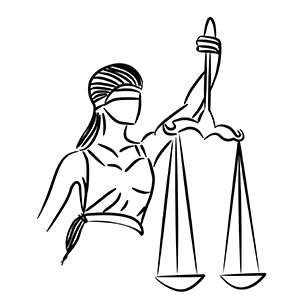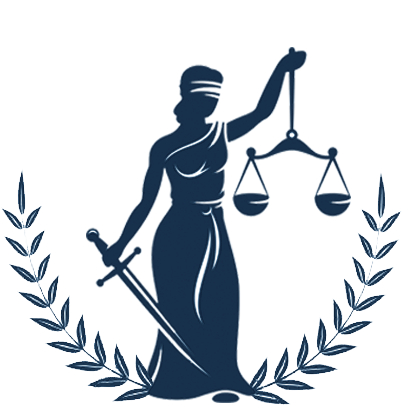Indian Child Welfare Act Doesn’t Apply to Tribal Courts
Video Transcribed: What’s the difference between tribal deprive court and state deprive court? Hi, my name is Ryan Cannonie. I’m an Oklahoma CPS defense attorney with CPS investigation defense.
And one thing, one big thing that’s different between if you end up having a deprive case in tribal court, besides the fact that you’re not going to be dealing probably with DHS, but you’ll be dealing with Indian Child Welfare Services, is that the Indian Child Welfare Act doesn’t apply to tribal courts.
 Meaning that all the hoops that a state prosecutor had to jump through for good cause findings and beyond a reasonable doubt and sending the tribe service on everything and doing all these things in DHS having to comply with things like active efforts, all of these things that you had to do in state court are different in tribal court. Meaning that you have to look at the tribal court statutes and see what the standards are, what’s the burden, what type of services do they have to our offer.
Meaning that all the hoops that a state prosecutor had to jump through for good cause findings and beyond a reasonable doubt and sending the tribe service on everything and doing all these things in DHS having to comply with things like active efforts, all of these things that you had to do in state court are different in tribal court. Meaning that you have to look at the tribal court statutes and see what the standards are, what’s the burden, what type of services do they have to our offer.
And this could potentially change your case. So as people are trying to transfer their cases to tribal court or in situations right now, since if you’re in Eastern Oklahoma, most of Eastern Oklahoma, you’re living on a reservation now, knowing that your case could potentially go to tribal court over state court, then there’s a lot of things that come up and could give you questions.
If you have questions about this, you really need to call an attorney that has practiced not only deprive court and deprive case law on that but also an attorney that has dealt with the tribal courts, specifically for me, that’s Cherokee Nation tribal deprive court. So if you have questions about that, then give me a call.
